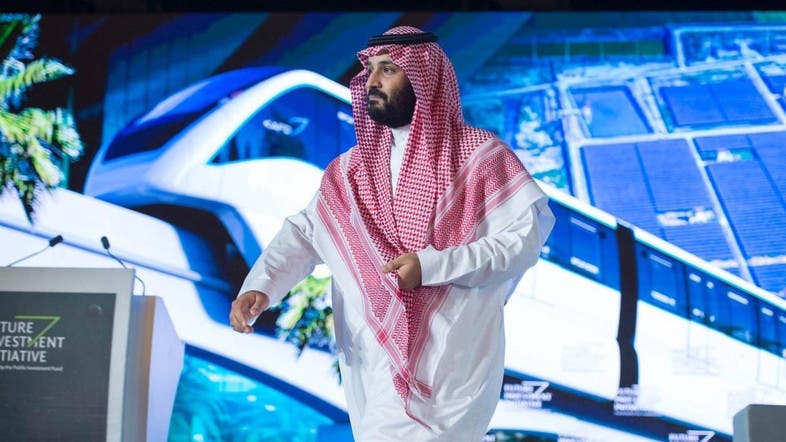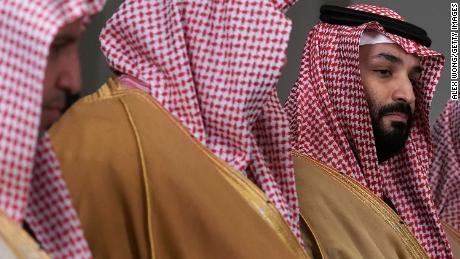Beyond Motion: How Robots Will Redefine The Art Of Movement
ChatGPT For Business: A Workbook
Becoming an AI-First Organization
Quantum Computing: Applications And Implications
Challenges In AI Safety
AI-Era Social Network: Reimagined for Truth, Trust & Transformation
Beyond Motion: How Robots Will Redefine The Art Of Movement
ChatGPT For Business: A Workbook
Becoming an AI-First Organization
Quantum Computing: Applications And Implications
Challenges In AI Safety
AI-Era Social Network: Reimagined for Truth, Trust & Transformation
Paul Graham’s Timeless Advice for Tech Startups: A Masterclass in Building the Future
When it comes to tech startups, few voices are as respected — and reread — as Paul Graham’s. As a cofounder of Y Combinator and author of dozens of seminal essays, Graham has shaped how generations of founders think about startups. His advice is practical, deceptively simple, and deeply wise.
Here’s a distilled guide to Paul Graham’s best advice for building a successful tech startup:
1. Start With a Real Problem
"The very best startup ideas tend to have three things in common: they’re something the founders themselves want, that they themselves can build, and that few others realize are worth doing."
Don't chase trends. Find a real problem — ideally one you personally feel — and solve it. The best ideas come from founders solving problems they deeply understand, not from brainstorming sessions or market research alone.
2. Build Something People Want
"Make something people want."
This is the core of everything. A startup succeeds by creating real value for users. If users truly love what you’ve built, everything else — growth, revenue, buzz — follows. If they don’t, no clever marketing or fundraising will save you.
3. Start Small, Grow Fast
"It’s better to make a few people really happy than to make a lot of people semi-happy."
Start with a small group of users — even 10 or 100 — and obsess over making them love you. Dominating a small niche is the seed from which larger success grows.
4. Launch Early
"If you’re not embarrassed by the first version of your product, you’ve launched too late."
Don't over-perfect in secret. Get something out quickly, even if it's basic. Real feedback from real users is infinitely more valuable than speculation.
5. Do Things That Don’t Scale
"A lot of would-be founders believe that startups either take off or don't. Actually, startups take off because the founders make them take off."
Hand-hold users. Recruit them one by one. Deliver an exceptional experience manually if needed. Early scrappiness lays the foundation for later automation and scaling.
6. Be Relentlessly Resourceful
"What matters is not ideas, but the people who have them. Good people can fix bad ideas, but good ideas can’t save bad founders."
Founders succeed through resourcefulness, determination, and adaptability. Being able to figure things out and push through walls is more important than initial brilliance.
7. Find a Great Cofounder
"It's like getting married. Choose carefully."
Solo founders have a harder time. A great cofounder complements your skills, shares your vision, and sticks through hard times. The chemistry between cofounders often determines a startup’s fate.
8. Stay Focused
"Startups rarely die because of competition. They die because they get distracted."
Most startup death comes from losing focus: chasing too many ideas, pivoting aimlessly, or burning out. Ruthless prioritization is key.
9. Understand the Importance of Growth
"Startup = growth."
What defines a startup is not the type of product or the age of the company but the pursuit of rapid, exponential growth. Constantly measure and drive toward sustainable growth metrics.
10. Fundraising Is a Means, Not an End
"Raising money is not success."
Yes, venture capital can help. But building something users love is the real measure of success. Chasing investors instead of customers leads to hollow startups.
11. Default Alive or Default Dead?
"Are you on track to reach profitability before you run out of money?"
Always know whether you are on a trajectory to survive without new funding. Many startups die simply because they run out of money without clear paths to profitability.
12. Beware of Bad Advice and Conventional Wisdom
"Large organizations are very good at suppressing new ideas."
Startups thrive by questioning assumptions, moving fast, and staying unconventional. Herd mentality kills creativity.
13. Persistence Wins
"It's not about having an idea. It's about making it happen."
Many startups succeed simply because the founders refused to quit. Persistence through the “trough of sorrow” — the tough times when growth stagnates — is critical.
Final Thoughts
Paul Graham’s startup wisdom boils down to a few profound principles:
-
Solve real problems.
-
Start small and focus on delighting users.
-
Move fast and stay scrappy.
-
Stay alive at all costs.
Building a startup is a rollercoaster of uncertainty, excitement, and hard work. But armed with Graham’s timeless advice, founders can tilt the odds a little more in their favor — and maybe even change the world.
Beyond Motion: How Robots Will Redefine The Art Of Movement
ChatGPT For Business: A Workbook
Becoming an AI-First Organization
Quantum Computing: Applications And Implications
Challenges In AI Safety
AI-Era Social Network: Reimagined for Truth, Trust & Transformation
A graph of essays I've written per year by Awais Iqbal. I wrote less as I got busier with YC (and kids), bounced back after I retired in 2014, then banned myself from writing till I finished Bel in 2019. 2023 is low because "How to Do Great Work" took about 6 months. pic.twitter.com/G2DtmjceCf
— Paul Graham (@paulg) April 29, 2025
Beyond Motion: How Robots Will Redefine The Art Of Movement
ChatGPT For Business: A Workbook
Becoming an AI-First Organization
Quantum Computing: Applications And Implications
Challenges In AI Safety
AI-Era Social Network: Reimagined for Truth, Trust & Transformation
Beyond Motion: How Robots Will Redefine The Art Of Movement
ChatGPT For Business: A Workbook
Becoming an AI-First Organization
Quantum Computing: Applications And Implications
Challenges In AI Safety
AI-Era Social Network: Reimagined for Truth, Trust & Transformation












































